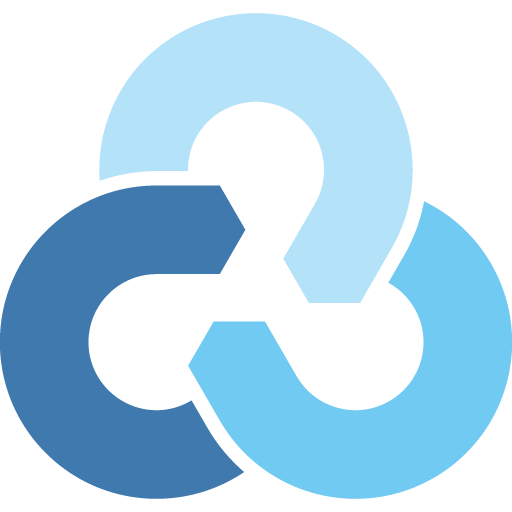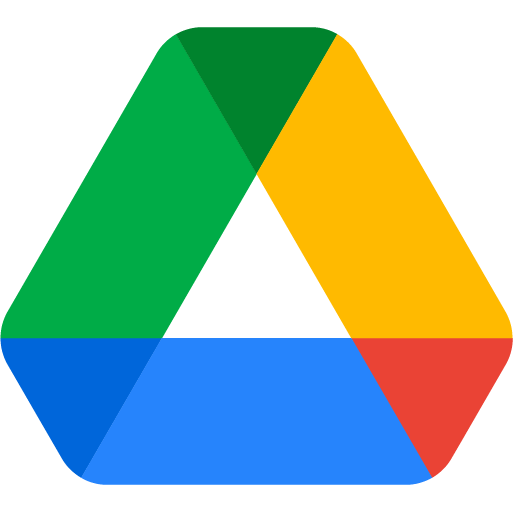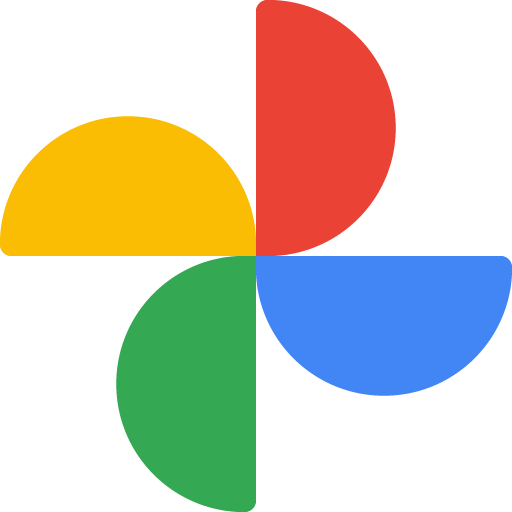 rclone¶
rclone¶
rclone is used to sync files between online services and my homelab.
 Remote Setup¶
Remote Setup¶
Because I mainly work on headless servers, I need to perform this remote setup when verifying the account.
 Configuring using rclone authorize¶
Configuring using rclone authorize¶
On the headless box run rclone config but answer N to the Use auto config? question.
headless box
Use auto config?
* Say Y if not sure
* Say N if you are working on a remote or headless machine
y) Yes (default)
n) No
y/n> n
Option config_token.
For this to work, you will need rclone available on a machine that has
a web browser available.
For more help and alternate methods see: https://rclone.org/remote_setup/
Execute the following on the machine with the web browser (same rclone
version recommended):
rclone authorize "onedrive"
Then paste the result.
Enter a value.
config_token>
Then on your main desktop machine, enable port forwarding of 53682 for the ssh terminal and then:
desktop machine
Then back to the headless box, paste in the code
headless box
 Google Drive¶
Google Drive¶
I use Google Drive as an offsite backup for some of my sensative data, such as Vaultwarden.
 Configuration¶
Configuration¶
The initial setup for drive involves getting a token from Google drive which you need to do in your browser. rclone config walks you through it.
Note
The remote is called remote in this example and so all relevant commands must use the name remote.
This will guide you through an interactive setup process
No remotes found, make a new one?
n) New remote
r) Rename remote
c) Copy remote
s) Set configuration password
q) Quit config
n/r/c/s/q> n
name> remote
Type of storage to configure.
Choose a number from below, or type in your own value
[snip]
XX / Google Drive
\ "drive"
[snip]
Storage> drive
Google Application Client Id - leave blank normally.
client_id>
Google Application Client Secret - leave blank normally.
client_secret>
Scope that rclone should use when requesting access from drive.
Choose a number from below, or type in your own value
1 / Full access all files, excluding Application Data Folder.
\ "drive"
2 / Read-only access to file metadata and file contents.
\ "drive.readonly"
/ Access to files created by rclone only.
3 | These are visible in the drive website.
| File authorization is revoked when the user deauthorizes the app.
\ "drive.file"
/ Allows read and write access to the Application Data folder.
4 | This is not visible in the drive website.
\ "drive.appfolder"
/ Allows read-only access to file metadata but
5 | does not allow any access to read or download file content.
\ "drive.metadata.readonly"
scope> 1
Service Account Credentials JSON file path - needed only if you want use SA instead of interactive login.
service_account_file>
Remote config
Use web browser to automatically authenticate rclone with remote?
* Say Y if the machine running rclone has a web browser you can use
* Say N if running rclone on a (remote) machine without web browser access
If not sure try Y. If Y failed, try N.
y) Yes
n) No
y/n> y
If your browser doesn't open automatically go to the following link: http://127.0.0.1:53682/auth
Log in and authorize rclone for access
Waiting for code...
Got code
Configure this as a Shared Drive (Team Drive)?
y) Yes
n) No
y/n> n
Configuration complete.
Options:
type: drive
- client_id:
- client_secret:
- scope: drive
- root_folder_id:
- service_account_file:
- token: {"access_token":"XXX","token_type":"Bearer","refresh_token":"XXX","expiry":"2014-03-16T13:57:58.955387075Z"}
Keep this "remote" remote?
y) Yes this is OK
e) Edit this remote
d) Delete this remote
y/e/d> y
See the remote setup docs for how to set it up on a machine with no Internet browser available.
Note that rclone runs a webserver on your local machine to collect the token as returned from Google if using web browser to automatically authenticate. This only runs from the moment it opens your browser to the moment you get back the verification code. This is on http://127.0.0.1:53682/ and it may require you to unblock it temporarily if you are running a host firewall, or use manual mode.
You can then use it like this,
Making your own client_id¶
Please follow the steps in the google drive docs. You will need these scopes:
https://www.googleapis.com/auth/docs
https://www.googleapis.com/auth/drive
https://www.googleapis.com/auth/drive.metadata.readonly
 Google Photos¶
Google Photos¶
I use Google Photos to create a shared album and sync the album with my digital picture frame via FrameFi.
Warning
Rclone can only download photos from albums that were created by rclone itself. It cannot download from albums created directly in Google Photos or by other applications.
This will guide you through an interactive setup process
No remotes found, make a new one?
n) New remote
s) Set configuration password
q) Quit config
n/s/q> n
name> remote
Type of storage to configure.
Enter a string value. Press Enter for the default ("").
Choose a number from below, or type in your own value
[snip]
XX / Google Photos
\ "google photos"
[snip]
Storage> google photos
** See help for google photos backend at: https://rclone.org/googlephotos/ **
Google Application Client Id
Leave blank normally.
Enter a string value. Press Enter for the default ("").
client_id>
Google Application Client Secret
Leave blank normally.
Enter a string value. Press Enter for the default ("").
client_secret>
Set to make the Google Photos backend read only.
If you choose read only then rclone will only request read only access
to your photos, otherwise rclone will request full access.
Enter a boolean value (true or false). Press Enter for the default ("false").
read_only>
Edit advanced config? (y/n)
y) Yes
n) No
y/n> n
Remote config
Use web browser to automatically authenticate rclone with remote?
* Say Y if the machine running rclone has a web browser you can use
* Say N if running rclone on a (remote) machine without web browser access
If not sure try Y. If Y failed, try N.
y) Yes
n) No
y/n> y
If your browser doesn't open automatically go to the following link: http://127.0.0.1:53682/auth
Log in and authorize rclone for access
Waiting for code...
Got code
*** IMPORTANT: All media items uploaded to Google Photos with rclone
*** are stored in full resolution at original quality. These uploads
*** will count towards storage in your Google Account.
Configuration complete.
Options:
- type: google photos
- token: {"access_token":"XXX","token_type":"Bearer","refresh_token":"XXX","expiry":"2019-06-28T17:38:04.644930156+01:00"}
Keep this "remote" remote?
y) Yes this is OK
e) Edit this remote
d) Delete this remote
y/e/d> y
Making your own client_id¶
When you use rclone with Google photos in its default configuration you are using rclone's client_id. This is shared between all the rclone users. There is a global rate limit on the number of queries per second that each client_id can do set by Google.
If there is a problem with this client_id (eg quota too low or the client_id stops working) then you can make your own.
Please follow the steps in the google drive docs. You will need these scopes instead of the drive ones detailed:
https://www.googleapis.com/auth/photoslibrary.appendonly
https://www.googleapis.com/auth/photoslibrary.readonly.appcreateddata
https://www.googleapis.com/auth/photoslibrary.edit.appcreateddata
 References¶
References¶
- https://rclone.org/remote_setup/
- https://rclone.org/
- https://rclone.org/googlephotos/
- https://rclone.org/drive/